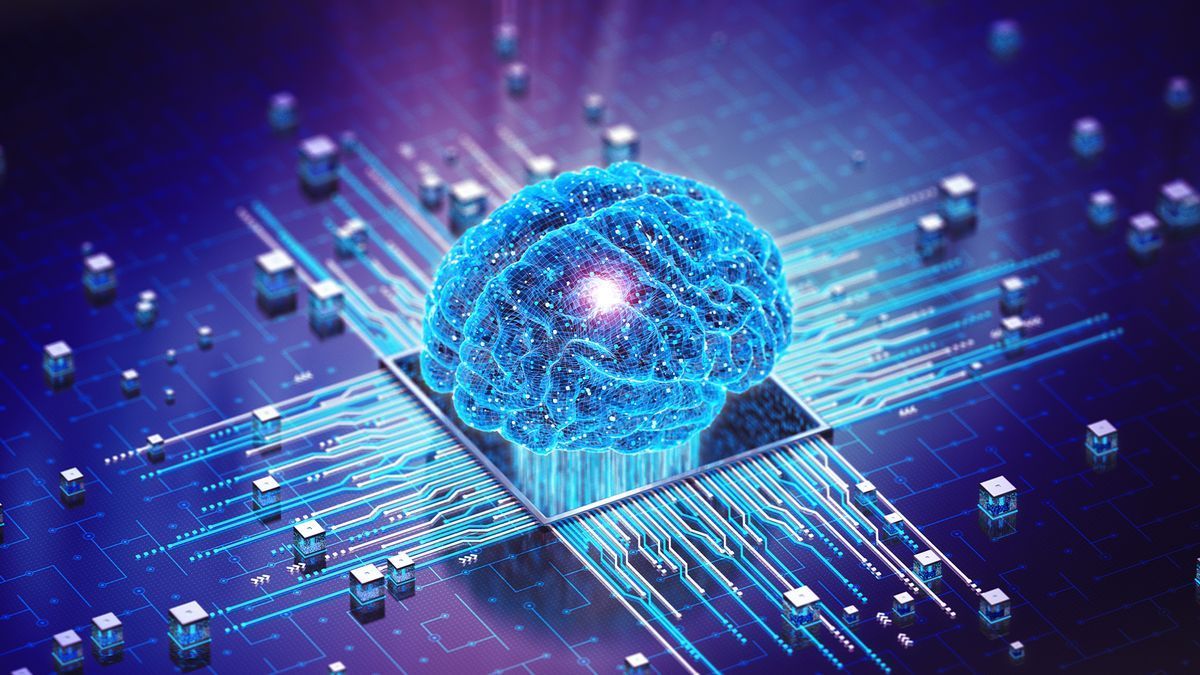
AI in game design will follow along with so many other industries. That is, its adoption, implementation and acceptance will revolutionize the field. As technology advances, AI in game design will transform the landscape, offering unprecedented experiences and pushing the boundaries of interactive entertainment. Let’s explore the future of AI in game design and the potential impact it will have on players and Developers alike.
Enhanced Gameplay Experiences
AI in game design has the potential to greatly enhance gameplay experiences. To do this, it will create dynamic and adaptive game worlds that shift around based upon a player’s experience and skill level. Intelligent algorithms can produce procedurally generated levels, quests and characters, ensuring endless variety and novelty. NPCs powered by artificial intelligence can possess realistic behaviors, adaptive strategies and advanced decision-making capabilities. That pesky dungeon boss you cannot beat might get even tougher when he noticeably alters his strategy every time you challenge him.
Personalized and Adaptive Gameplay
The future of AI in game design lies in delivering personalized and adaptive gameplay experiences. By analyzing player behavior, preferences and skill level, AI algorithms can tailor content to individual players. Some video games already have adaptive difficulty levels that translate player behavior into skill level. These adjustments can happen on the fly, with customized storylines and quests. Or personalized AI companions might travel along with players, adapting their play style and offering help or challenges, as needed.
Proactive and Responsive Game Worlds
AI in game design can transform game worlds into living and breathing ecosystems. Intelligent algorithms can simulate realistic environments with responsive ecosystems, where weather, physics, and other elements dynamically interact and, well, make sense. This creates a sense of immersion and realism, making game worlds more captivating and believable. NPCs and non-playable characters within these worlds can exhibit complex and emergent behaviors, making the game environment feel more vibrant and alive.

AI-Generated Content and Design
The integration of AI in game design holds immense potential for content creation. AI algorithms can generate vast amounts of content, ranging from textures, landscapes, and audio to character designs, animations, and dialogues. This can significantly reduce development time and costs, allowing game designers to focus on higher-level creative tasks. However, let’s not limit its capabilities to mere supplemental content. AI-generated content can also lead to unexpected and innovative ideas, which could push the boundaries of what is possible in game design.
Intelligent Game Testing and Balancing
The benefits of AI in game design begin long before players get their hands on a finished product. With AI, designers can create an expansive testing cycle that revolutionizes game testing and balancing. Through machine learning algorithms, AI identifies patterns and trends in player behavior, feedback, and performance data. With this data, developers can fine-tune gameplay mechanics, address balance issues and optimize game experiences based on player insights. The use of AI in game design testing can also automate the discovery of bugs, glitches and inconsistencies, ensuring higher quality and more polished games.
Ethical Considerations and Design Challenges
While the future of AI in game design holds immense promise, it also presents ethical considerations and design challenges. Developers must be cautious about potential biases, stereotypes, and unintended consequences that AI algorithms may introduce into game experiences. Ensuring inclusivity, diversity, and fairness in AI-driven game design becomes crucial. Striking a balance between AI-generated content and human creativity is another challenge, as maintaining a human touch and artistic vision is essential in game development.
The future of AI in game design will revolutionize the gaming industry. Enhanced gameplay experiences, personalized content, and adaptive game worlds are just a few aspects of AI's potential impact. As AI algorithms continue to advance, game designers will have powerful tools at their disposal to create more immersive, dynamic, and captivating games.




